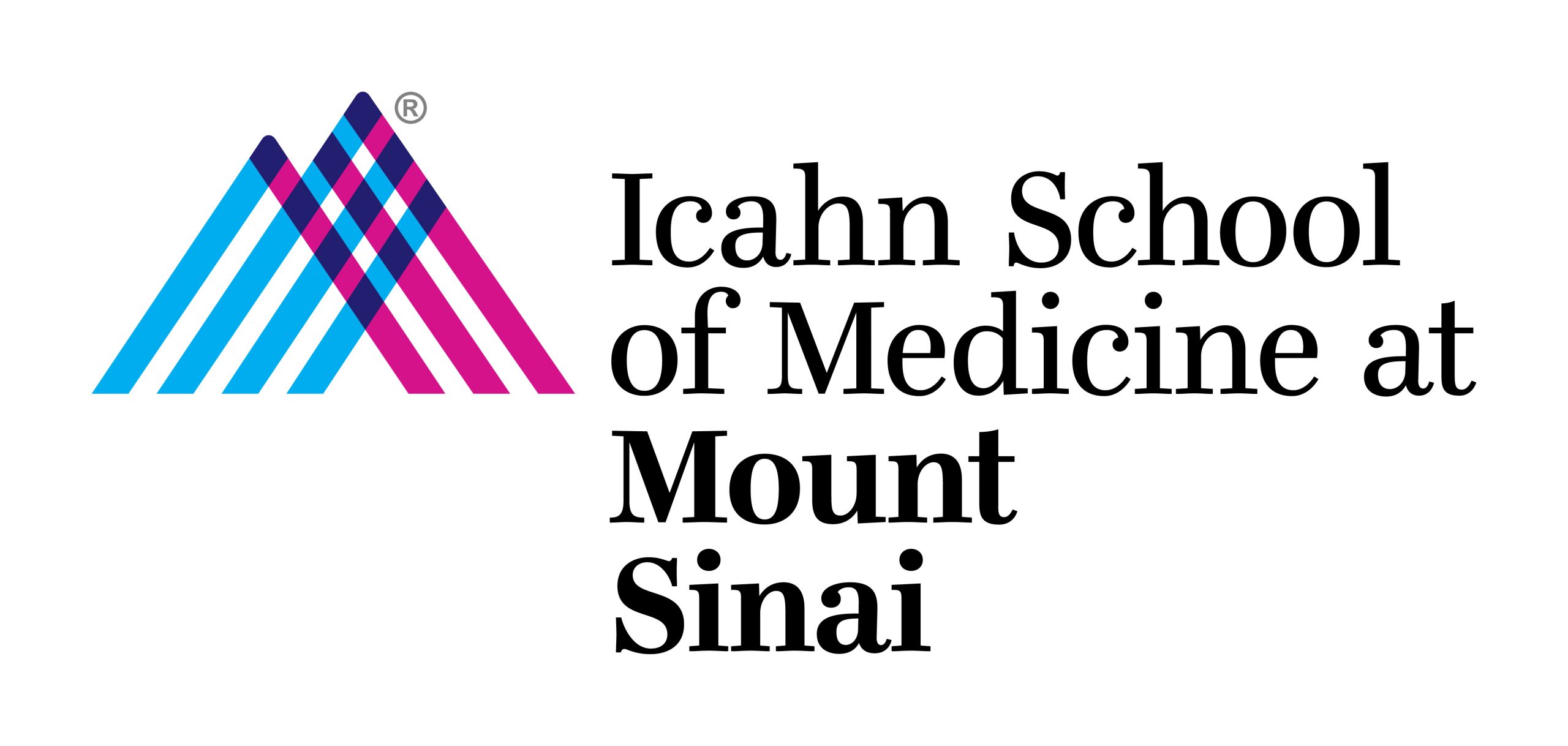Adrianna Kępińska,, PhD
Postdoctoral Fellow
Email: adrianna.kepinska@mssm.edu
Adrianna is a postdoctoral fellow at Dr. Behrang Mahjani and Dr. Laura Huckins labs. They received their PhD in Genetic Epidemiology from the Institute of Psychiatry, Psychology & Neuroscience, King’s College London, with a focus on genetics of psychosis symptoms across the lifespan.
Currently, Dr. Kępińska is working with data from the Swedish national registers to shed light on genetic architecture of postpartum psychosis, with Dr. Veerle Bergink as an advisor. Dr. Kępińska also receives additional training in survival analysis and causal inference with the help of Dr. Keith Humphreys as an advisor.
Dr. Kępińska’s work includes publications on psychiatric genetics, narrative and systematic reviews on biological mechanisms of psychosis and its treatment, and articles on open science, a type of research methodology and movement dedicated to making research accessible to all.
Selected Publications:
- Kępińska, A. P., Johnson, J. S., Huckins, L. M., 2022, Open science in psychiatric genetics: a primer, preprint at Open Science Framework, doi: 10.31219/osf.io/njfrt (accepted for publication in Biological Psychiatry: Global Open Science in June 2023)
- Kępińska, A. P., MacCabe, J. H., Cadar, D., Steptoe, A., Murray, R. M., Ajnakina, O., 2020, Schizophrenia polygenic risk predicts general cognitive deficit but not cognitive decline in healthy older adults, Translational Psychiatry, 10:422, doi: 10.1038/s41398-020-01114-8
- Kępińska, A. P., Iyegbe, C. O., Vernon, A. C., Yolken, R., Murray, R. M., Pollak, T. A., 2020, Schizophrenia and Influenza at the Centenary of the 1918-1919 Spanish Influenza Pandemic: Mechanisms of Psychosis Risk, Frontiers in Psychiatry, 11:72, doi: 10.3389/fpsyt.2020.00072
- Google Scholar
Education:
- PhD, 2018-2022, PhD Genetic Epidemiology, Institute of Psychiatry, Psychology & Neuroscience, King’s College London, London, UK
- MSc, 2016-2017, Neuroscience in Psychiatric Genetics, Institute of Psychiatry, Psychology & Neuroscience, King’s College London, London, UK: Distinction (75%)
- BSc, 2012-2015, Psychology (Honours), St Mary’s College, Durham University, Durham, UK
Research Projects – Women’s & Children’s Mental Health
Women’s Mental Health: Risk architecture of postpartum psychosis
Postpartum psychosis is a severe mood disorder, one of the most severe psychiatric conditions, with high risks of suicide and infanticide if untreated, and should be treated as a medical emergency. It is generally considered a bipolar spectrum disorder, yet, this disorder has not been classified in current disease classification systems because the underlying neurobiology and risk architecture is unclear. In particular, it is unknown how postpartum psychosis fits within the bipolar spectrum, and thus prevention and treatment guidelines are lacking. The goal of this project is to identify the distinct risk architecture of postpartum psychosis.
This project is a collaboration with Dr. Veerle Bergink.
Women’s & Children's Mental Health: Perinatal mental health and risk of childhood neuropsychiatric disorders
Mental disorders around pregnancy may pose significant concerns for both mothers and children due to the considerable morbidity they entail. In this project, we study women’s mental health throughout the reproductive cycle and its impact on the neurodevelopment of their children.
Maternal Genetic Nurture: The association between maternal factors around pregnancy and the risk of neuropsychiatric disorders in children involves two main pathways: direct transmission of genes and maternal effect, where the mother’s phenotype impacts the offspring’s phenotype through environmental pathways. Our analysis reveals that maternal effect contributes 5-15% of the risk for obsessive-compulsive disorder (OCD), Tourette syndrome, and attention-deficit/hyperactivity disorder (ADHD). We now study specific maternal factors that increase the risk of neuropsychiatric disorders in children through maternal effect mechanism.
Prenatal Factors and Child Development: One in five women suffer from mood and anxiety disorders during pregnancy, which are associated with the risk of neuropsychiatric disorders in children. The objective of this project is to differentiate between genetic and environmental pathways by which prenatal maternal mood and anxiety disorders (PMADs) during pregnancy increase the risk of autism spectrum disorder (ASD) in offspring. Our preliminary analysis revealed an odds ratio of 1.43 (95% CI: 1.28, 1.59) for the association between maternal PMADs and ASD in offspring.
This project is a collaboration with Dr. Veerle Bergink.

